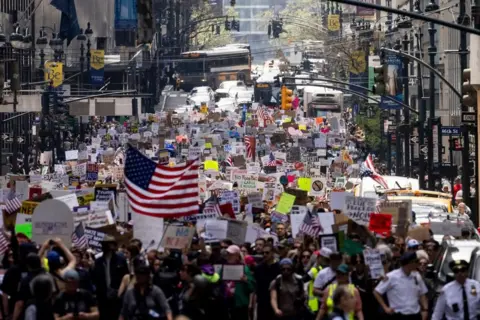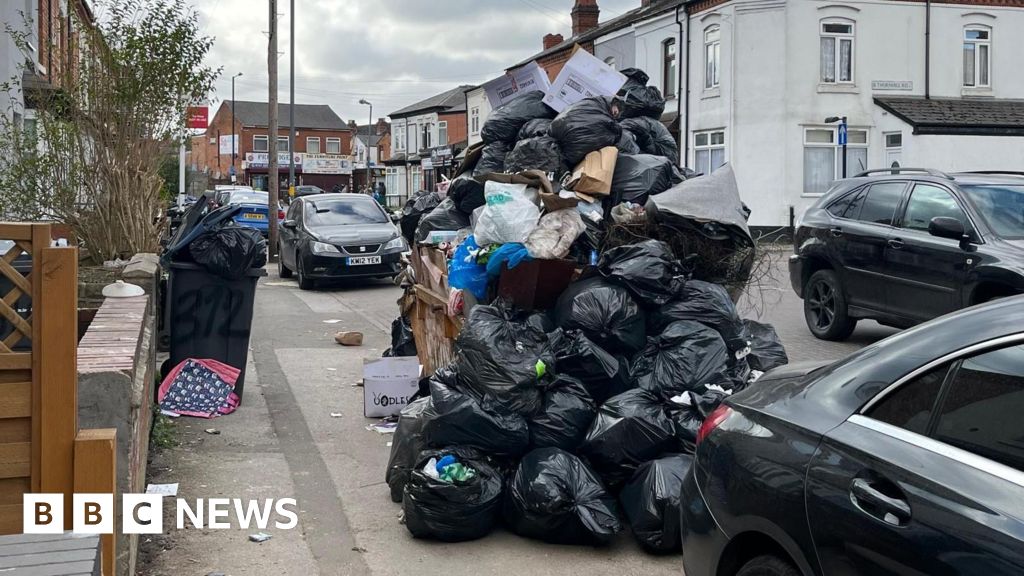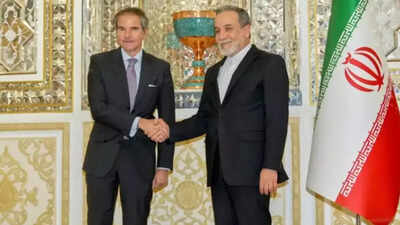Tunisian Court Sentences 40 Opposition Figures in Landmark Trial Amidst Ongoing Authoritarianism

A Tunisian court has delivered a troubling verdict by imposing prison sentences ranging from 13 to 66 years on 40 opposition politicians and critics of President Kais Saied. This verdict, reported by TAP, the official news agency of Tunisia, marks a significant moment in the ongoing struggle for political freedom and democracy in the country.
This mass trial, which revolves around broad conspiracy charges, represents the largest crackdown on Saied's opponents since he executed a controversial power grab in 2021. Following his ascension to power, Saied has systematically dismantled the democratic framework that allowed him to be elected president in 2019. Prior to 2021, Tunisia was often hailed as a beacon of successful democratic transition in the Arab world, particularly in the aftermath of the 2011 uprisings against dictatorial regimes.
President Saied, a populist leader known for his overt disdain for democratic norms, took drastic measures in 2022 by dissolving the elected parliament and restructuring the constitution. This reformation led to the establishment of a new assembly that is largely powerless and incapable of challenging Saied's increasingly authoritarian rule.
The defendants in this case are a diverse group representing various political ideologies, ranging from Islamists to liberal thinkers. Notably, many of them have been imprisoned for over two years, including prominent democracy activist Khayyam Turki and opposition figures Ghazi Chaouachi and Issam Chebbi. Some of those sentenced had been actively working to unify the opposition and mount a peaceful resistance against Saied's erosion of Tunisia's fragile democracy.
Among the convicted, a significant number were tried in absentia, having fled the country prior to their arrest. Importantly, these sentences are not final and can be appealed, although the prospects for a fair hearing remain uncertain given the current political climate.
President Saied has consistently vilified his critics, labeling them as traitors who are allegedly working to further foreign interests. This rhetoric plays into a broader narrative he has constructed, suggesting that Tunisia is under siege by outside forces and that only he can safeguard the nations sovereignty.
Riccardo Fabiani, the North Africa director at the International Crisis Group, articulated concerns about the implications of this trial, stating, The trial is part of the authoritarian drift under Saied and of his attempts to suggest that the country is under some external siege by foreigners and that only he can save Tunisia.
Dalila Ben Mbarek, a lawyer representing several of the jailed politicians, criticized the trial for its complete lack of fairness and justice. She highlighted that the proceedings were rushed and that the defendants were not allowed to be present, nor were their defense lawyers given an opportunity to present their case. We knew the court decision was prepared in advance and that neither the law nor the judiciary had anything to do with [it], she lamented.
The situation reflects a broader trend in Tunisia, where most leaders of political parties have faced imprisonment, including Rached Ghannouchi, the leader of the Nahda party, which had previously held the largest bloc in the now-dissolved parliament. In addition to targeting politicians, Saied has also launched crackdowns against journalists, lawyers, and business leaders, further stifling dissent and free expression in the country.
Amnesty International has condemned the convictions, asserting that those charged have been penalized merely for exercising their fundamental human rights. Erika Guevara Rosas, the organizations Senior Director for Research, Policy, Advocacy, and Campaigns, stated, These individuals have been convicted solely for the peaceful exercise of their human rights. Their trial has been riddled with procedural violations and a blatant disregard of minimum defense rights and was based on unsubstantiated charges.


























